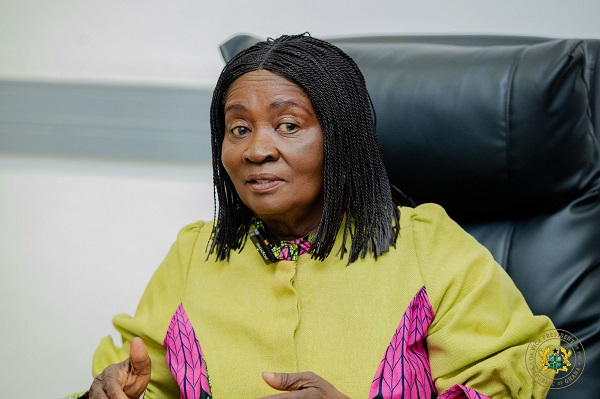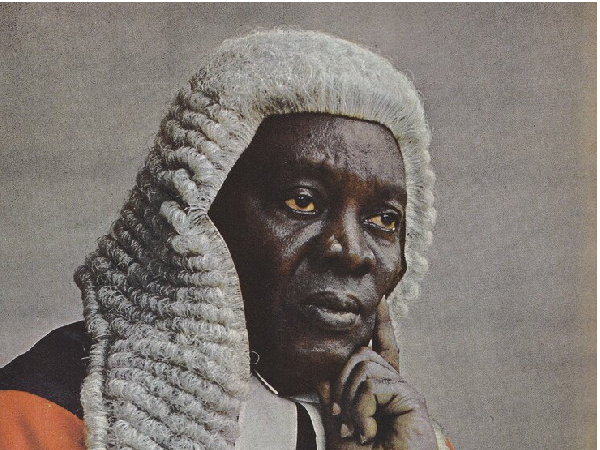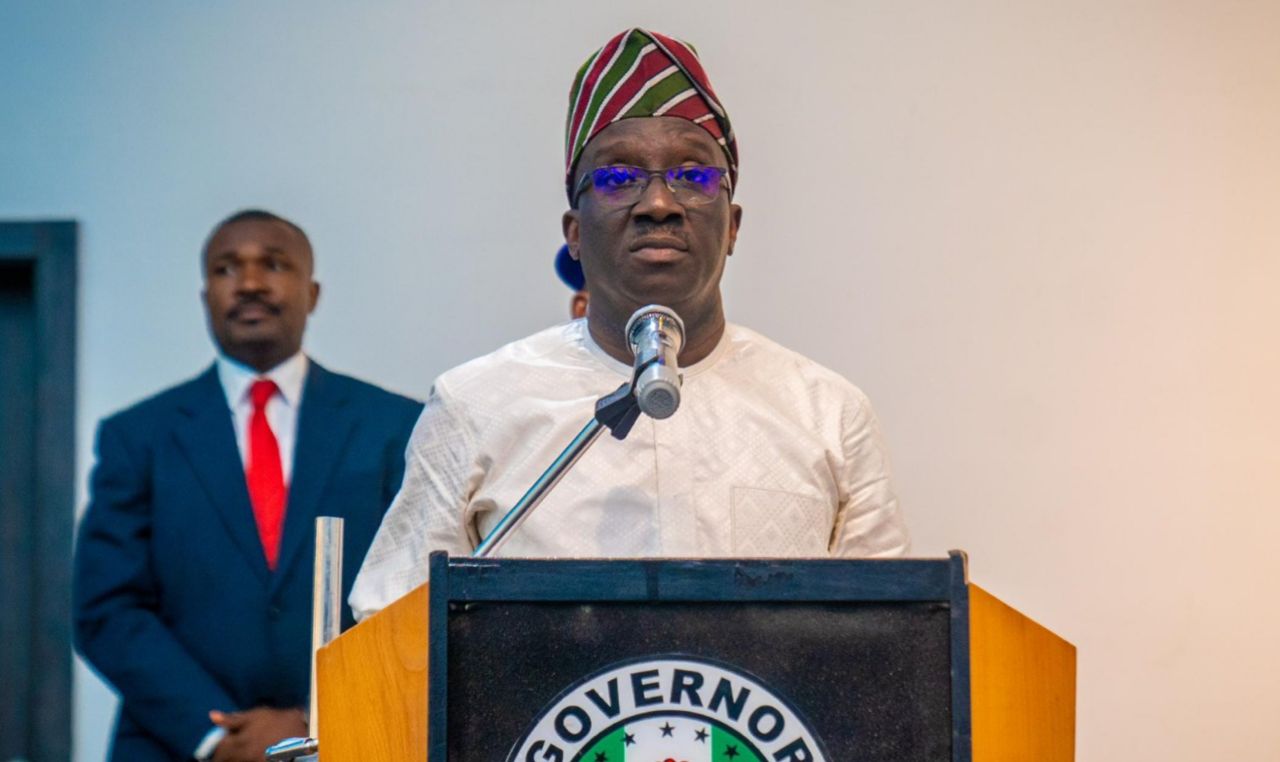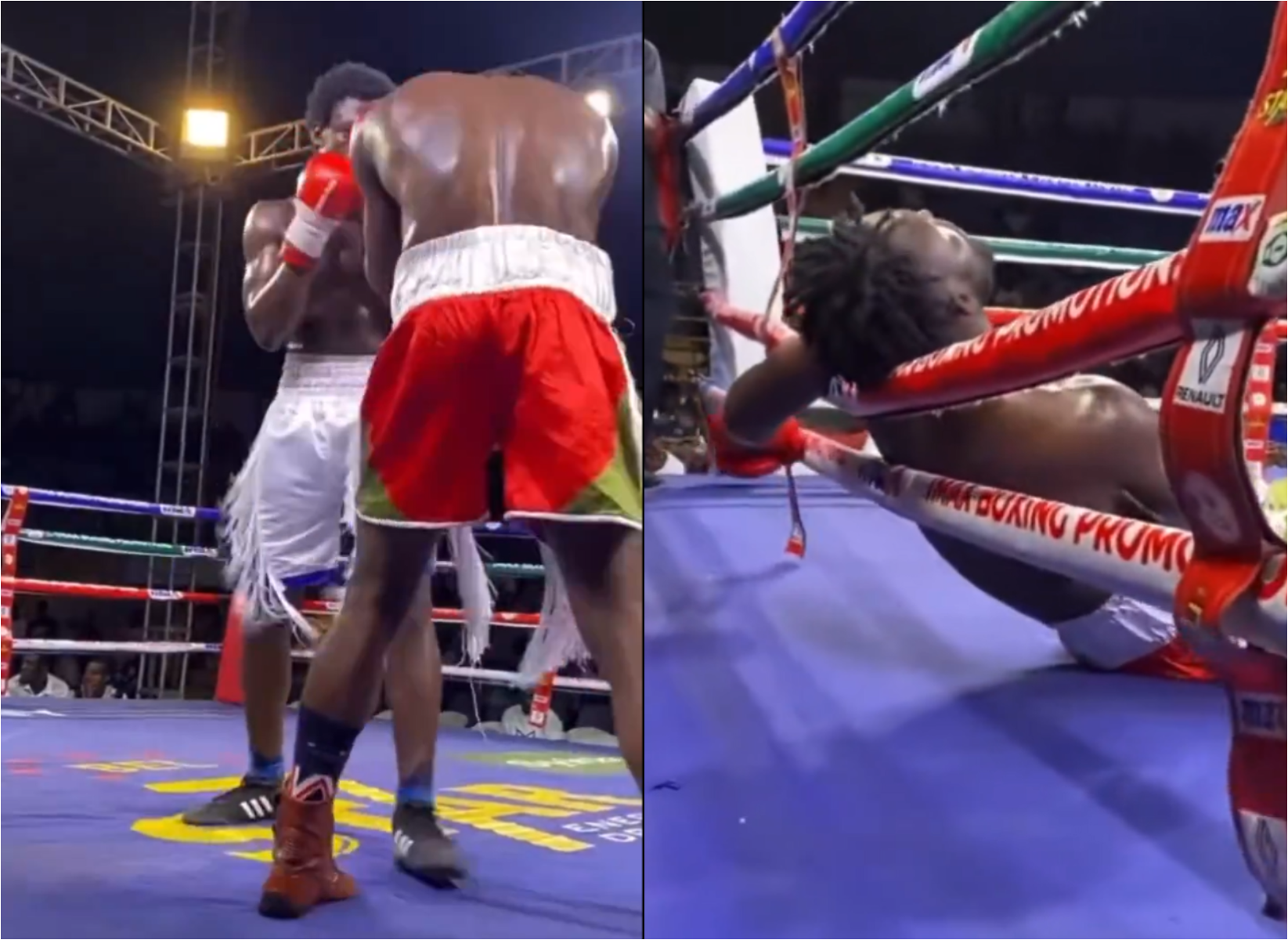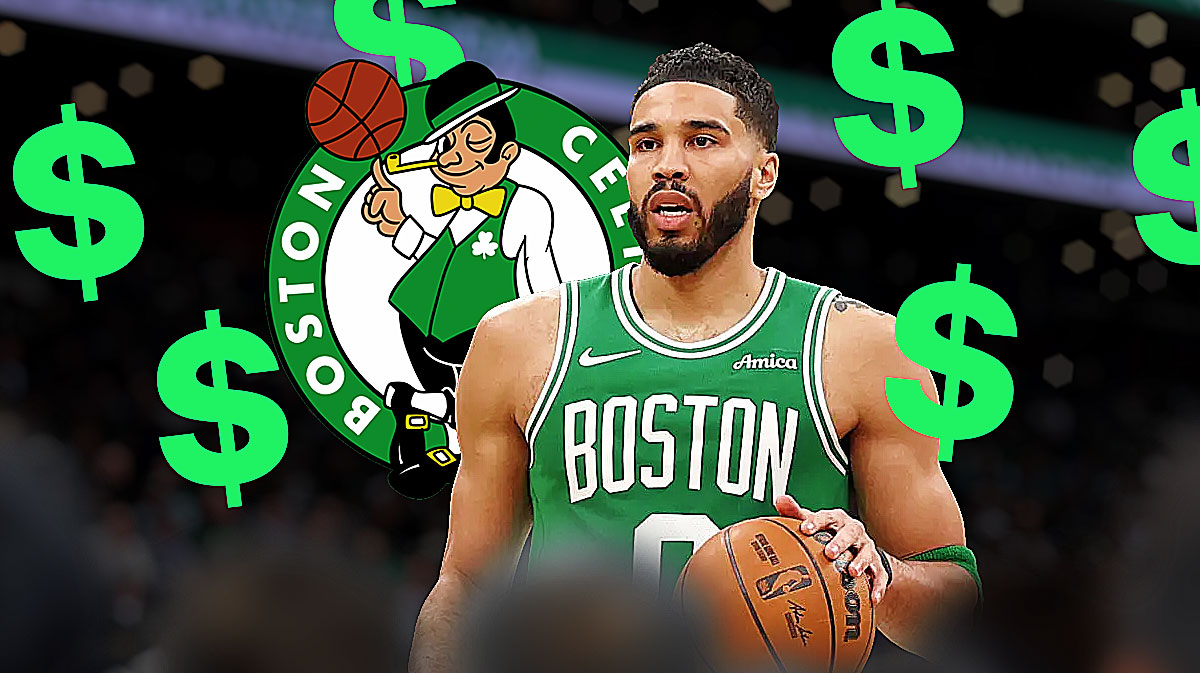Celtics Governor Says No Team Will Stay In Second Apron Over 2 Years, Dampening Dynasty Hopes Post $6.1 Billion Sale
The Boston Celtics may be the reigning NBA champions with arguably the most talented starting five in the league, but their future as a long-term superteam is far from certain.
Following the franchise’s record-breaking $6.1 billion sale to billionaire Bill Chisholm, current team governor Wyc Grousbeck made a sobering prediction that could drastically affect the sustainability of dynasties in the NBA: no team, including the Celtics, will stay in the second apron for more than two years under the current collective bargaining agreement. In a revealing interview with WEEI:
"You can't stay in the second apron. Nobody will. I predict for the next 40 years of the CBA no one's gonna stay in the second apron more than two years."
"It's not the luxury-tax bill. It's the basketball penalties, OK? The new CBA was designed by the league to stop teams from going crazy."
"And they decided that it's not just good enough to go after the wallets because then the fans are like, 'Hey, find someone who can afford to spend whatever, $500 million a year or whatever it is, like the English Premier League.'"
"I know seven guys that own Premier League teams in England with no spending caps and most of them are wondering what the hell's going on. Anyway, over here, it's basketball penalties now."
Boston’s current roster is a prime example of second-apron spending taken to the extreme. With five high-salaried stars—Jayson Tatum, Jaylen Brown, Jrue Holiday, Kristaps Porzingis, and Derrick White—the Celtics are projected to cross the $400 million threshold in total payroll next season.
That includes a $53 million luxury tax bill this year alone and makes their starting five collectively worth more than $1 billion in future salaries. However, Grousbeck insists the issue isn’t the tax bill—it’s the severe roster-building limitations that come with it.
These "basketball penalties" include a slew of crippling restrictions: no access to the midlevel exception, inability to aggregate salaries in trades, no salary matching flexibility, frozen future draft picks, and complete elimination of the sign-and-trade route. Even trade exceptions from prior sign-and-trades become useless.
These rules, designed to level the playing field and curb reckless spending, essentially strip high-payroll teams of the very tools needed to maintain long-term contention.
The timing of this financial pressure couldn't be more ironic. The Celtics, the defending champions and current second seed in the East with a 51-19 record, are one of the favorites to win this year’s title. However, their hopes of building a long-term dynasty may already be under threat.
Due to the astronomical tax bills and crippling CBA penalties, it’s becoming increasingly likely that Boston will have to break up its core in the near future. Trading away one or even two stars might be the only way to avoid long-term consequences.
It’s a reality that Celtics fans may not want to hear—especially with the team chasing back-to-back titles—but one that Grousbeck believes is unavoidable under the league’s new financial system. He pointed out that even the Clippers, another high-spending team, may have opted to part with Paul George as a result of these same limitations.
Still, despite the complications, Grousbeck remains optimistic about Boston’s immediate future under the guidance of President of Basketball Operations Brad Stevens.
Jaylen Brown is set to earn $53.1 million next season, with Tatum expected to make around $54.1 million. Combined with Holiday, Porzingis, and White’s contracts, it’s hard to imagine the Celtics keeping this core intact for more than a year or two without facing significant fallout under the CBA.
While Grousbeck walks away with an eye-watering 1,594% return on his original $360 million investment in 2002, he leaves behind a warning: the era of financial superteams may be closing. For teams in the second apron, the clock is ticking—and no amount of spending can beat the system anymore.

